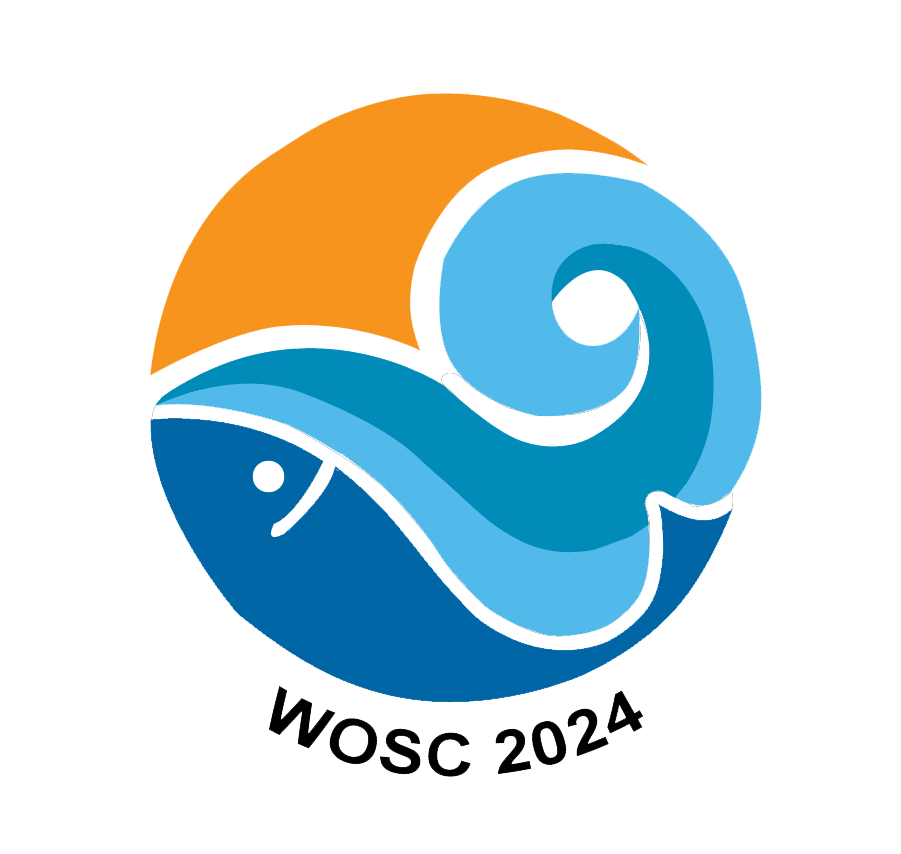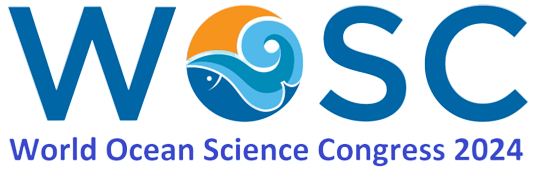Background
World Ocean Science Congress (WOSC 2024) provides a common platform for the stakeholders of ocean mainly in the sectors of tourism, navy and defense, maritime industries, transportation, ports & harbour, coastal infrastructure, researchers, academicians, legal and geopolitical experts, archaeologists, etc., to interact, exchange ideas and appreciate the conflicting demands of the stakeholders. So far two conferences i.e., WOSC-2015, WOSC-2019 were held at Kochi and Andhra University (Visakhapatnam) respectively. The earlier WOSC’s were a mega-event with participation of more than 500 delegates and stakeholders. Several of the recommendations from the panel discussions have been adopted by the marine industry, researchers, academicians and policymakers.
Oceans covering more than 70% of the earth is the most important arena where the significant challenges of the twenty-first century and its solutions are expected to unfold. Oceans form an important buffer against climate change by absorbing ~ 93% of the excess heat and 25% of the carbon dioxide emitted due to anthropogenic activities. Considering the need for expanding the economies of the countries, the concept of Blue Economy also has gained momentum in the recent decade. Against this backdrop, there is an urgent need to understand (i) the effects of multiple stressors on ocean ecosystems and develop solutions to monitor, protect, manage and restore ecosystems and their biodiversity under changing environmental, social and climate conditions and (ii) to channel the Blue Economy to focus on sustainable and responsible use of ocean resources and address the challenges posed by climate change and foster global economic growth.
Thus the theme of the WOSC 2024 has been set as ‘Sustainable Utilization of Oceans in Blue Economy’ with focuses on the development of coastal infrastructure, tourism in coastal states & islands, offshore & coastal fisheries, marine biotechnology, warming of oceans, sea level rise, depletion of oxygen & acidification, marine pollution, oceanic hazards and mitigation, etc.
NIOT : The National Institute of Ocean Technology (NIOT) was established in November 1993 as an autonomous society under the Ministry of Earth Sciences (MoES), Government of India. NIOT focuses on the development of reliable indigenous technologies to solve the various engineering problems associated with the harvesting of non-living and living resources in the Indian Exclusive Economic Zone (EEZ). Currently, NIOT is developing a system for the deep-sea exploration ‘Samudhrayaan’, a manned submersible, under Deep Ocean Mission.
IIT-Chennai : The Indian Institute of Technology Madras is known both nationally and internationally for excellence in technical education, basic and applied research, innovation, entrepreneurship and industrial consultancy. The Institute is proud to bear the laureate of top ranking engineering university in India. More recently, IIT Madras has been given the title of Institute of Eminence.
VIBHA : Vijnana Bharati (VIBHA) is a national movement dedicated to the integrated development of Bharat through the intervention of science, engineering and technology. Launched in 1991 by a group of thinkers and scientists, VIBHA has today spread across the country with a few overseas units as well. Eminent scientists, academicians, policymakers and social workers are the torchbearers of this movement.
| Important Dates | |
| Announcement of WOSC-2024 and call for Abstracts |
01 November 2023
|
| Last date for Abstract submission |
Extended Till 15 January 2024
|
| Notification of acceptance of abstract |
06 February 2024
|
| Last date for Online Registration |
20 February 2024
|



